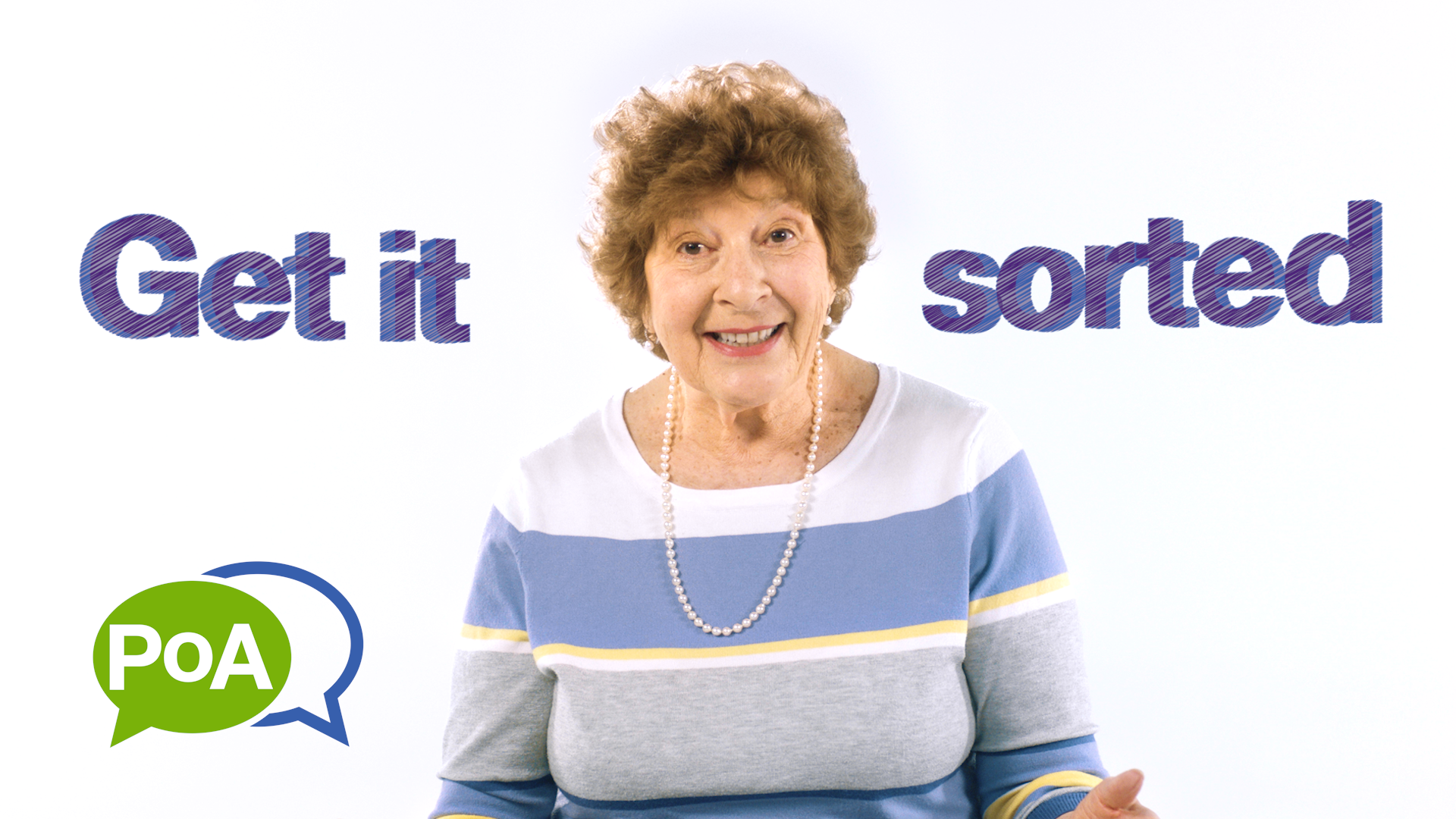A Power of Attorney gives someone of your choice (your Attorney) the authority to take actions or make decisions on your behalf if you should suddenly be unable to do so for yourself. A Power of Attorney ensures that your financial affairs and personal welfare can still be dealt with/protected in the event of you being unable to. Nobody wants to consider a situation where they cannot make decisions for themselves, and we all hope that the time will never come. For most people this is true. However, for many people an event occurs which causes them to lose capacity to look after their own affairs.
Remember, there is a lot of help out there to make the planning simple- we do recommend you speak to a solicitor but to get the process started, talk to your partner, your mum or dad, your kids, start the conversation before something happens. Think of it as just good planning- like keeping your home or car insured.
If you lose capacity, it means that you are no longer able to look after your own financial and personal affairs – perhaps due to illness such as the onset of dementia or having a stroke. Losing capacity can mean many things. These include being:
- incapable of acting on decisions; or
- incapable of making decisions; or
- incapable of communicating decisions; or
- incapable of understanding decisions; or
- incapable of retaining the memory of decisions in relation to any particular matter due to mental disorder; or
- incapable of communicating due to physical disability.

Many people think that if you lose capacity, you can rely on members of your family (such as a husband or wife) to act on your behalf. Unfortunately, unless you have a PoA arranged, this is not the case. Nobody automatically has the right to make decisions for you unless you have granted them Power of Attorney in advance. If no one is legally appointed by you to act, then no one has legal authority to do so. This means that, although your nearest relatives may be consulted about your wishes, they cannot decide what should happen to you if you haven’t given powers in advance.
If you have not granted powers in advance, and you lose the capacity to make your own decisions, then the courts have to appoint someone to be your Guardian. There are processes by which family members can apply to be granted these powers after someone has lost capacity, but this is a long and expensive process costing around £2000, and requires a court hearing.

